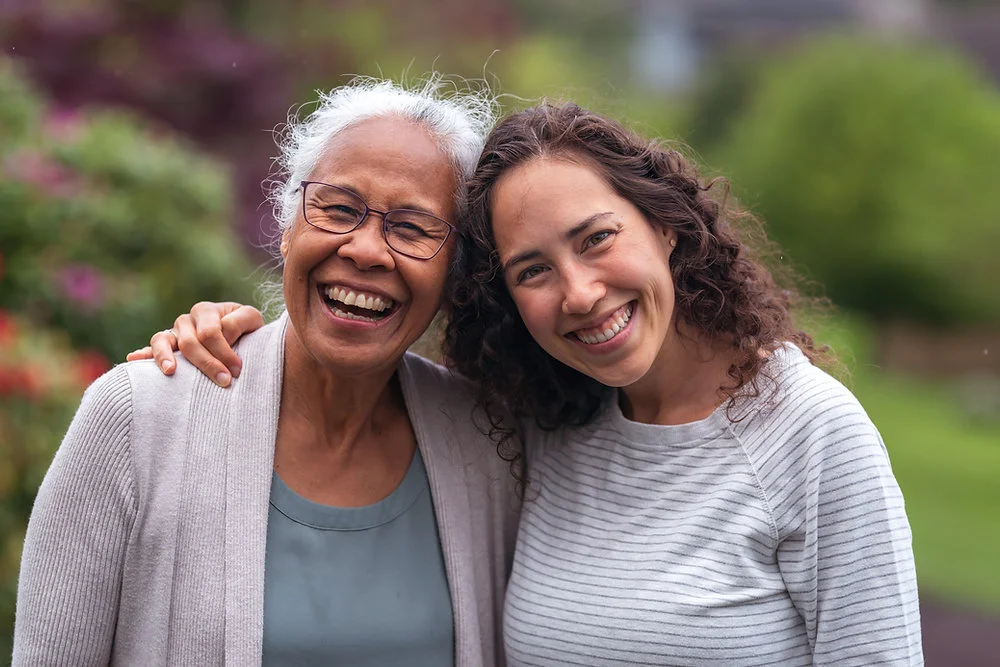A groundbreaking study from The University of Hong Kong analyzed societal factors influencing happiness across 152 countries. Key findings indicate that beyond a certain economic threshold, wealth doesn’t boost happiness; instead, generosity, strong social support, personal freedom, and support systems for aging populations play crucial roles in fostering well-being.



"Key findings: 1.The Diminishing Role of Wealth: As nations become wealthier, the relationship between economic growth and life satisfaction dwindles. Simply put, after a certain point, more money doesn’t equate to more happiness. It’s an echo of the age-old adage: money can’t buy happiness.
2.The Power of Generosity: Generosity stands out as a potent ingredient for happiness, especially in wealthier countries. Once basic economic needs are covered, the act of giving seems to play a more vital role in elevating life satisfaction.
3.The Strength of Social Support: Across all economic backgrounds, having strong social networks and support consistently leads to higher happiness levels. We are, after all, social beings. Our ties to others play a pivotal role in our overall well-being. Freedom Equates to Happiness: People in societies with more personal freedom are happier.
4.The freedom to make choices, live authentically, and express oneself is invaluable for life satisfaction.
5.The Double-Edged Sword of Longer Life: While living longer is generally seen as a boon, the study indicates that longer life expectancies may come with heightened negative emotions, emphasizing the need for psychological support systems for older populations."
This surprised me, but then I thought back to the anthropology class I had that covered societies that had a “big man” structure.
Basically, the social status of the ones on top depended on how able they were to give generously to people in their community and redistribute wealth. So high social status came from not having a lot but being able to GIVE a lot.
My memory is foggy, but if I recall some Native American cultures from the pacific northwest operated this way or had elements of it, as well as some pacific islander communities.
Edit:
What’s the certain point of the number 1?